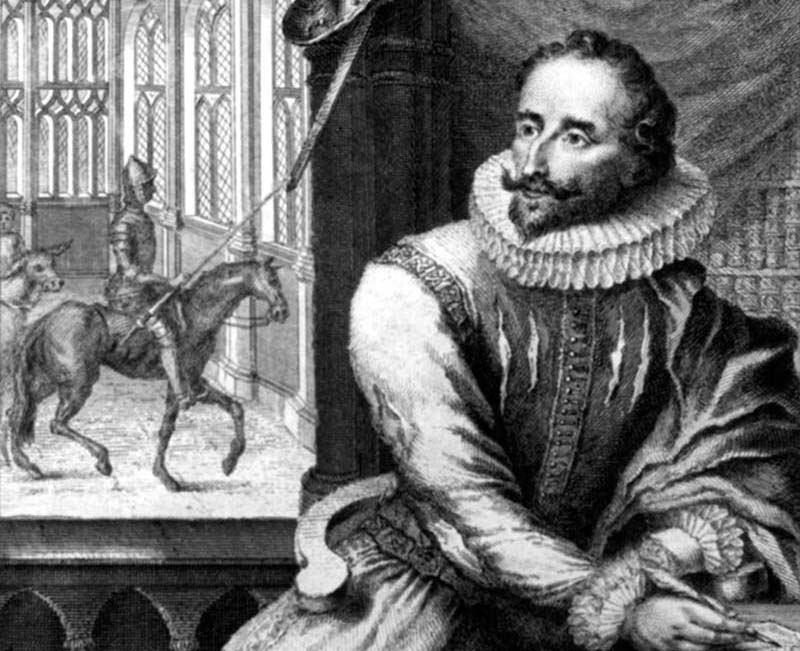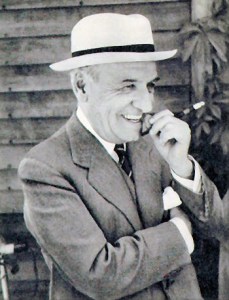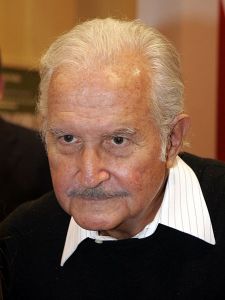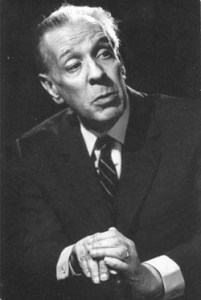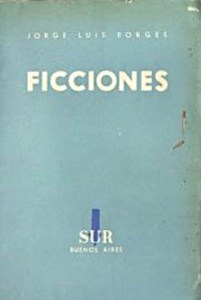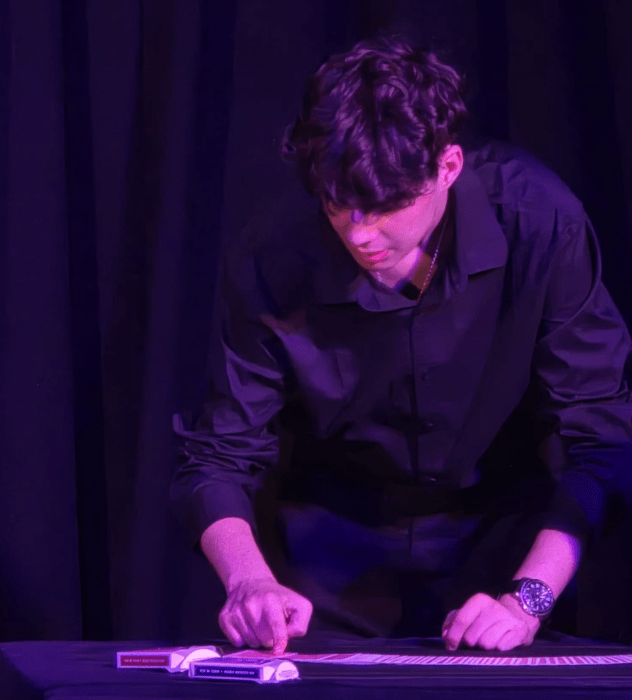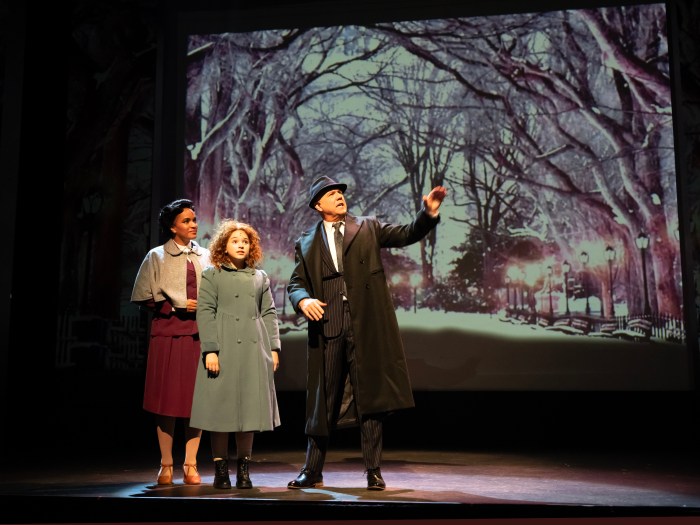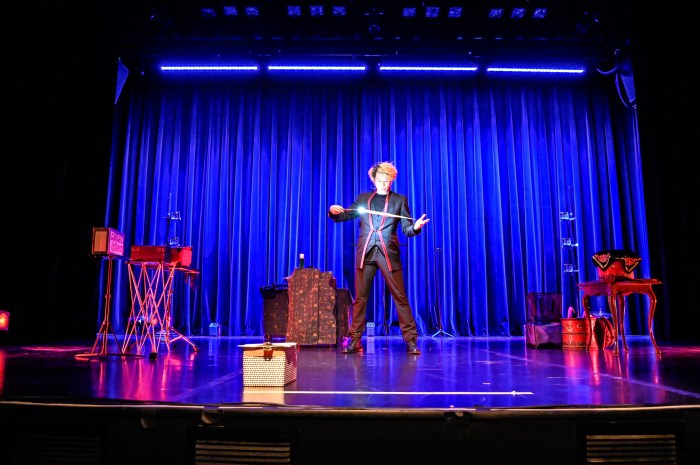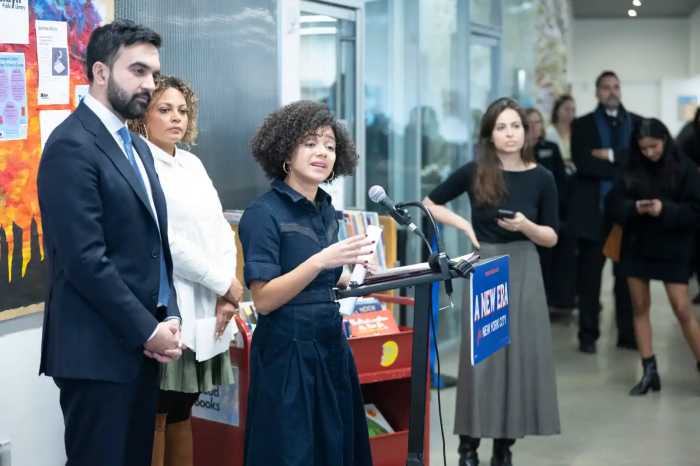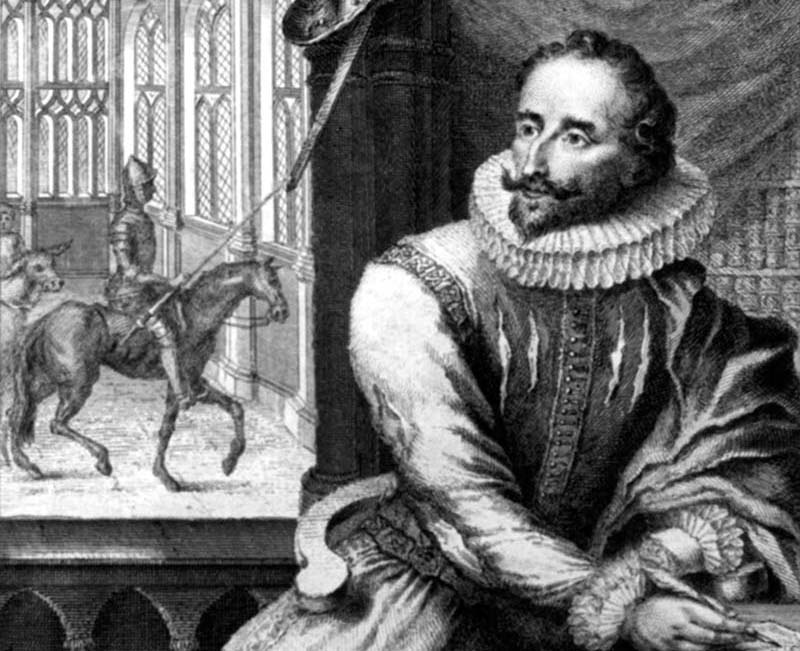
It’s easy to write about Spanish authors or those who write in that language. It all starts with Miguel de Cervantes (1547-1616), the 16th century author of Don Quixote, hailed for centuries as the first modern novel, one that has been translated into dozens of languages.
Cervantes was the aviator of Spanish literature, not just for his works, but also for the stubborn fact that his world often collided at the bloody crossroads of literature and politics. A soldier in the Spanish Navy Marines, Cervantes was injured during the historic Battle of Lepanto, in which of coalition of European forces beat back an invasion of European by the Ottoman fleet. Cervantes’ life in the military allowed him to draw inspiration for his 1859 classic, an adventure tale that has made the term “quixotic,” one used to describe lost causes, both noble and foolish, a permanent part of the English language.
Centuries later, Spanish artists played a key role in the development of modernism, a revolutionary force in music, literature and painting, one that hit full force in the 1920s. Pablo Picasso is the most famous example in the world of canvas painting.
In literature, the leading Spanish poet was Federico García Lorca (1898-1936). Garcia Lorca was the most accomplished of a group of writers known as Generation of ’27, artists who were influenced by such tenets of modernism as surrealism, futurism and symbolism. Alas, Garcia Lorca could not escape the world of politics. While still a young man, he was executed during the Spanish Civil War.
A philosopher who influenced that generation was José Ortega y Gasset (1883-1955). Ortega y Gasset came from a middle-class family stepped in journalism and liberal politics. His most famous work was Revolt of the Masses (1930). This slender masterpiece did not praise the common man; instead, he was critical of their leaders (who rose from their ranks) and “mass-man” himself.
“The mass crushes beneath it everything that is different, everything that is excellent, individual, qualified and select. Anybody who is not like everybody, who does not think like everybody, runs the risk of being eliminated,” he famously wrote. In an age of ideology, Ortega y Gasset preferred that combination of “the noble life and [the] common life.”
In an age of ideology, Ortega y Gasset preferred that combination of “the noble life and [the] common life.” Revolt of the Masses also influenced numerous American authors, including Richard M. Weaver, whose 1948 book, Ideas Have Consequences, helped to spark a revival of conservative thought in the United States.
Across the ocean and into South and North America, writers in Spanish continued to enliven modern literature. In Mexico, most prominent was Carlos Fuentes (1928-2012). Fuentes began publishing in the early 1960s, heralding the great boom in Latin American letters that flourished in the coming decades.
In the United States, Fuentes’ most famous work was the 1985 novel, The Old Gringo, inspired by the adventures of the equally-famous American author Ambrose Bierce, author of The Devil’s Dictionary and a Civil War veteran who was believed to have disappeared in Mexico while fighting in a civil war in that country.
“What started this novel was my admiration for Ambrose Bierce and for his Tales of Soldiers and Civilians. I was fascinated with the idea of a man who fought in the United States Civil War and dies in a Mexican civil war,” Fuentes told an interviewer.
Further south in Colombia, that country’s most legendary novelist was Gabriel García Márquez (1927-2014). In 1982, judges in Sweden recognized the contributions of Latin American literature by awarding Marquez the Nobel Prize. His 1967 novel, One Hundred Years of Solitude, about the Buendia family and their struggles in the fictional nation of Macondo was hugely popular, selling 30 millions copies worldwide and being translated in 37 languages.
Marquez was considered one the founders of the “magic realism” school of literature. The most beloved member of that group remains the Argentine poet and short story writer, Jorge Luis Borges (1899-1986). His short story collection Ficciones, has also been a worldwide bestseller and remains a volume impossible to put down.
Borges struggled against long odds in this life, suffering from permanent blindness at age 55. He worked as both a librarian and as a professor. He taught English literature, but once said he could not write in the tongue of Shakespeare because he “respected the English language too much.”
Like Cervantes, Borges was a wit who dismissed the 1982 war between the United Kingdom and Argentina in the Falkland Islands as “a fight between two bald men over a comb.”
Politics and literature collided again in the life and works of Mario Vargas Llosa (b., 1936). Another Nobelist, Llosa achieved popularity in the English-speaking world for the autobiographical novel, Aunt Julia and The Screenwriter. This native of Peru jumped into the political arena in 1990, running for the presidency of that country, one appropriately titled A Fish Out Of Water.
Another Mexican author, Octavio Paz (1914-1998), was also influenced by modernism, especially the poetry of T.S. Eliot. The 1990 winner of the Nobel Prize, Paz once claimed, that “there can be no society without poetry, but society can never be realized as poetry, it is never poetic. Sometimes the two terms seek to break apart. They cannot.” To prove his point, Paz served as an official diplomat for the Mexican government.
American authors of Hispanic origin write, of course, in English, but their works dramatize the immigrant experience in America. Sandra Cisneros (b. 1954), is best known for her 1984 novel, The House On Mango Street. A native of Chicago, Cisneros’s work draws on a childhood spent traveling back and forth between her American home and the Mexico of her parents and grandparents.
Oscar Hijuelos (1951-2013) was a New York native, whose second novel, the autobiographical, The Mambo Kings, made him the first Hispanic-American to win a Pulitzer Prize for fiction. Hijuelos also studied at The City College of New York’s creative writing program, which has produced such writers as Judith Rossner, Walter Mosley and Ted Mooney.




